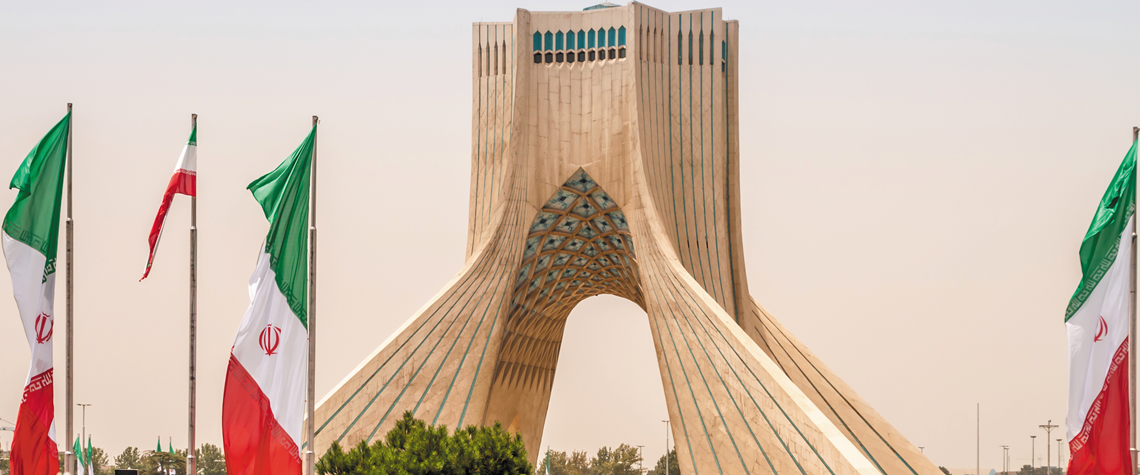Mounting sanctions squeeze Iranian exports
The country’s oil sector and economy will continue to feel the suffocating effects of US sanctions
In November 2018, the US withdrew from the landmark Iranian nuclear accord and re-imposed economic sanctions. Since April, the US government has aimed to reduce Iranian oil exports to close to zero, ending sanction waivers that were previously given to China, India, Japan, South Korea and Turkey. As a result, exports to Iran’s top four buyers have dropped significantly. The exact level of Iran’s oil exports has become increasingly opaque. Iranian oil tankers have been conducting tanker-to-tanker oil transfers and turning off their navigation systems to continue sanctions-busting shipments. The country’s oil revenue, while squeezed, is most likely above the officially recorded level. Governm

Also in this section
18 February 2026
With marketable supply unlikely to grow significantly and limited scope for pipeline imports, Brazil is expected to continue relying on LNG to cover supply shortfalls, Ieda Gomes, senior adviser of Brazilian thinktank FGV Energia,
tells Petroleum Economist
17 February 2026
The 25th WPC Energy Congress, taking place in Riyadh, Saudi Arabia from 26–30 April 2026, will bring together leaders from the political, industrial, financial and technology sectors under the unifying theme “Pathways to an Energy Future for All”
17 February 2026
Siemens Energy has been active in the Kingdom for nearly a century, evolving over that time from a project-based foreign supplier to a locally operating multi-national company with its own domestic supply chain and workforce
17 February 2026
Eni’s chief operating officer for global natural resources, Guido Brusco, takes stock of the company’s key achievements over the past year, and what differentiates its strategy from those of its peers in the LNG sector and beyond







